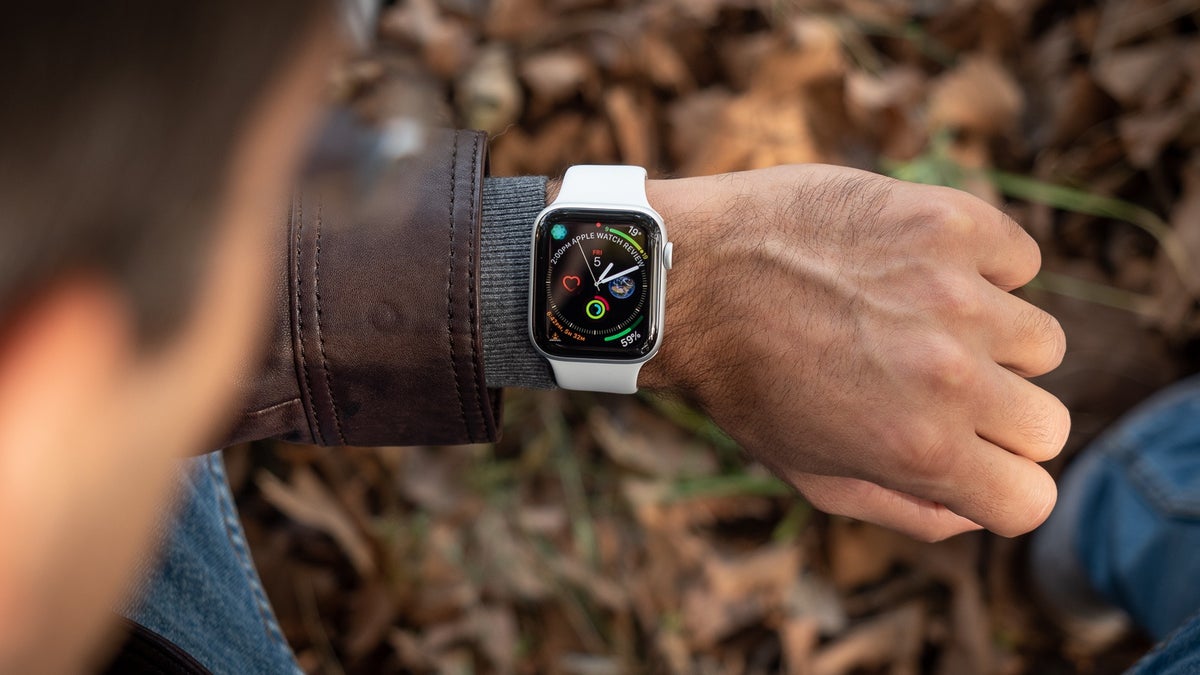Wearable devices will continue to grow at a steady pace, but Apple's market share is likely to slip

After recently tracking an impressive 21.7 percent year-on-year growth in Q3 shipments of wearable devices around the world, the International Data Corporation (IDC) is now ready to forecast the market will be up a solid 8.5 percent all in all in 2018 compared to 2017.
That would amount to a grand total of 125.3 million units shipped globally this year, a number that the IDC expects to surge to around 190 million in 2022. Such long-term projections are always risky and hard to get just right, but recent market trends are making the bulk of analysts and research firms similarly optimistic about the industry’s outlook.
Interestingly, it seems smartwatches are finally catching on as global smartphone shipments have started to decline. With the help of foldable form factors and 5G breakthroughs, intelligent handsets are expected to quickly bounce back, but their growth is unlikely to break the double-digit territory again anytime soon.
According to the IDC, Apple’s watchOS will unsurprisingly continue to top the smart wearable operating systems chart for the foreseeable future. While Apple Watch sales are on the rise, the company’s market share is forecasted to fall from 44.4 percent this year to 35.8 percent in 2022.
That’s still an impressive figure, considering several other platforms are expected to “gain traction.” Those will purportedly include both Android and Wear OS, which are tackled separately by the IDC as Chinese brands may thrive in their efforts to provide a customized user experience based on Google’s open-source platform.
But the combined 2022 share of various Android forks and “stock” Wear OS is unlikely to catch up with watchOS, at around 42 percent (22.4 for Android and 19.8 for Wear OS). Samsung, Fitbit, and Garmin’s proprietary platforms will largely battle for scraps, along with other “smaller” operating systems developed by vendors uninterested in a Google collaboration.
That would amount to a grand total of 125.3 million units shipped globally this year, a number that the IDC expects to surge to around 190 million in 2022. Such long-term projections are always risky and hard to get just right, but recent market trends are making the bulk of analysts and research firms similarly optimistic about the industry’s outlook.
That’s still an impressive figure, considering several other platforms are expected to “gain traction.” Those will purportedly include both Android and Wear OS, which are tackled separately by the IDC as Chinese brands may thrive in their efforts to provide a customized user experience based on Google’s open-source platform.
Follow us on Google News














Things that are NOT allowed:
To help keep our community safe and free from spam, we apply temporary limits to newly created accounts: